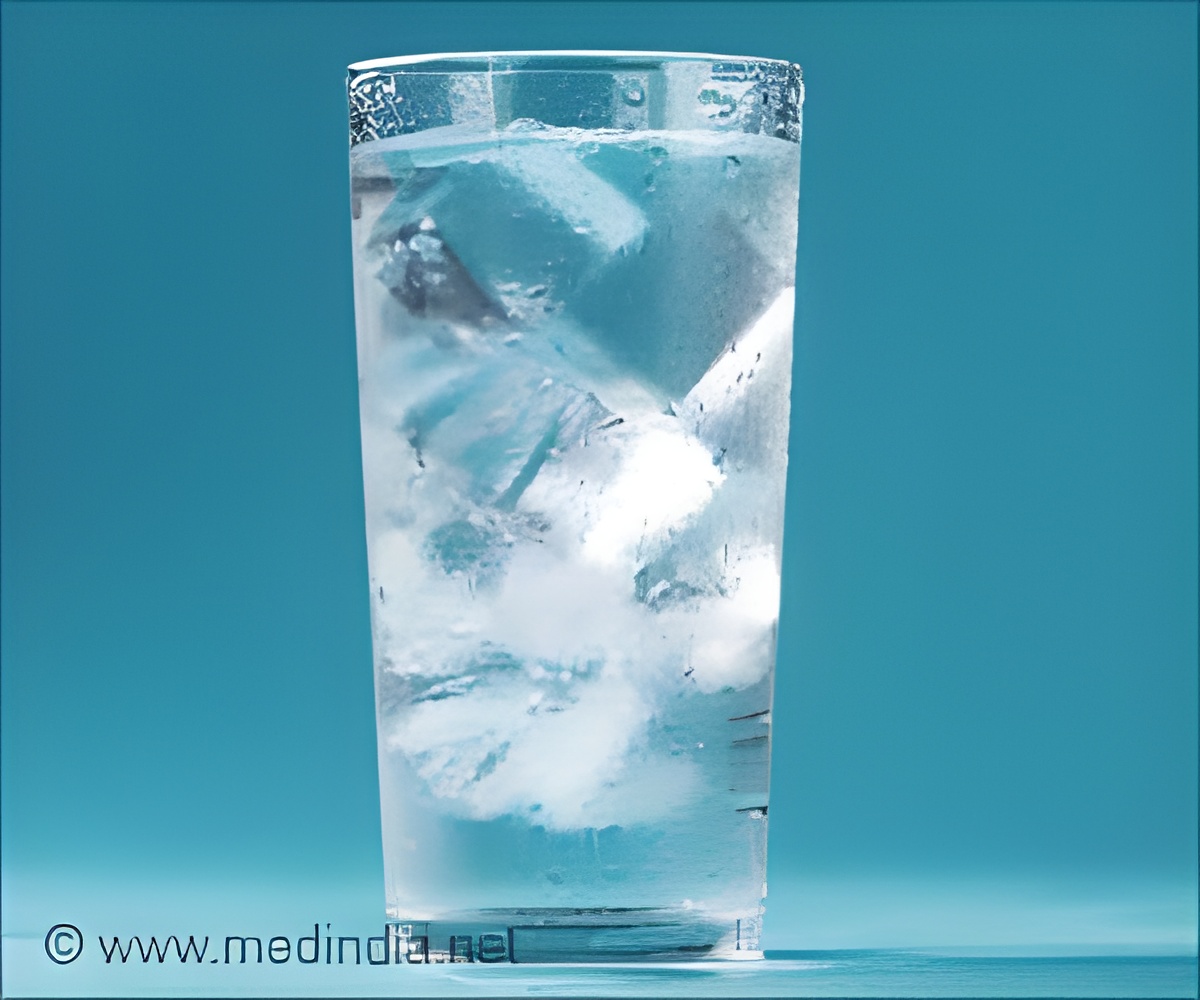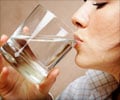Drinking cold water is revitalizing, rejuvenating, and improves the overall health of the body with minimal side effects.

- Drinking water adequately hydrates the body and regulates body temperature, metabolism, and digestion
- Drinking cold water has numerous health benefits, from detoxification and post-exercise recovery to improved skin health and pain relief
- Side effects of drinking cold water include digestive problems, sore throats and heart rate changes
Advantages of Drinking Cold Water
Many individuals prefer to drink cold water because it makes them feel refreshed, especially on hot summer days or after a hard workout.The following are 7 benefits of consuming cold water:
Rehydration:
Water keeps you hydrated, whether the water you drink is warm, cold, or room temperature. Compared to warm water, cold water is more refreshing and might make you drink more water overall. The more water you drink as a result of your preference for cold water might help you stay healthy overall, avoid stomach problems, and control your body temperature. Additionally, it is useful for lowering sweating and minimizing the chance ofdehydration (3✔ ✔Trusted Source
Should You Drink Warm or Cold Water?
Go to source)Increased Metabolism
Cold water can surprisingly increase your metabolism. According to a recent study by German experts, drinking six glasses of cold water a day will boost your resting metabolism and cause you to burn roughly 50 calories, or the equivalent of walking for fifteen minutes. A healthy and successful weight loss strategy is facilitated by this increased metabolismHelps in Detoxification
By washing out toxins and preventing their buildup, which can have harmful effects on your health, cold water is believed to be a highly effective method for detoxifying the body. But it's important to be properly hydrated in order to reap the benefits of detoxification. If not, symptoms like headaches, lethargy, and dizziness could occurPost-workout Recovery
Your body may suffer heightened body temperature and muscular inflammation during an intense workout. Cooling down with cold water lowers core body temperature, preventing overheating and promoting muscle repair after (or even before) exercise. After working out, you can also take a few minutes to relax in an ice-cold bathtub to help your body repair more quickly and lessen discomfort (1✔ ✔Trusted Source
The effect of a cold beverage during an exercise session combining both strength and energy systems development training on core temperature and markers of performance
Go to source)Pain Management
Cold water may help relieve certain kinds of discomfort and pain. It works by narrowing blood vessels and decreasing blood flow to the head, which relieves discomfort and can help with headaches and migraines. If you have a sore throat, menstruation pain, or achalasia, a disorder that prevents food from passing down your esophagus, you should exercise caution because using cold water may make your symptoms worse (2✔ ✔Trusted Source
Response of esophagus to high and low temperatures in patients with achalasia
Go to source)Enhances Radiant Skin
Cold water can benefit skin health in a number of ways. Using ice water on your face decreases redness, edema, and puffiness, tightens pores, calms inflammation, and enhances the overall tone of your skin. As a matter of fact, sipping cold water can help reduce pores and give you a more natural glowBoosts Attentiveness
Besides coffee, drinking cold water is also thought to improve focus and attention span. Cold water is a great option if you need to stay awake and focused because it can provide you with a quick energy boost and increase attentiveness
Risks of Consuming Cold Water
Drinking cold water can have the following three main risks or adverse effects:Digestive Issues:
Certain people may get upset stomachs after drinking extremely cold water. This occurs because the cold water slows down digestion and prevents nutrients from being absorbed, making it difficult to break down foodVulnerable to Infections:
Drinking cold water might cause runny nose, and sore throats, aggravating cold and flu-like symptoms. As a result, you become more susceptible to various respiratory infectionsHeart Rate Fluctuations:
Cold water can lower the heart rate. Hence, people highly vulnerable to cardiac risk are advised to consume room-temperature water
References:
- The effect of a cold beverage during an exercise session combining both strength and energy systems development training on core temperature and markers of performance - (https://www.ncbi.nlm.nih.gov/pmc/articles/PMC3472188/)
- Response of esophagus to high and low temperatures in patients with achalasia - (https://pubmed.ncbi.nlm.nih.gov/23105999/)
- Should You Drink Warm or Cold Water? - (https://health.clevelandclinic.org/cold-water-vs-warm-water/)
Source-Medindia















